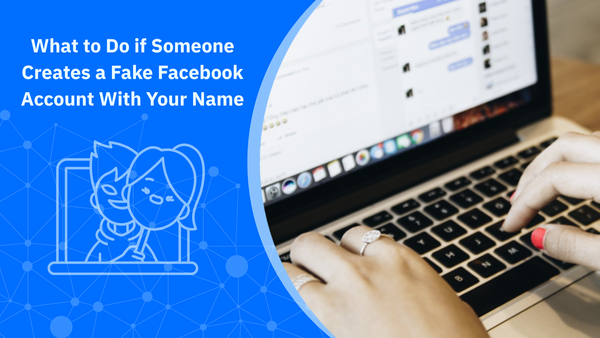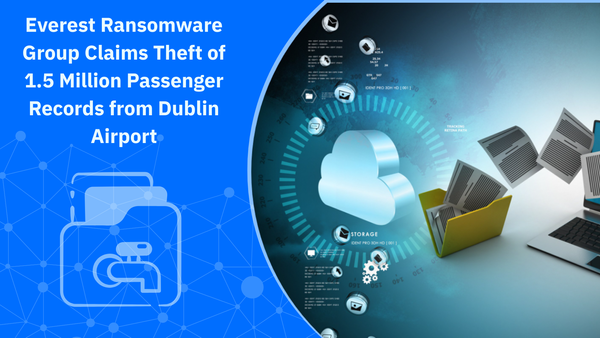8 in 10 Americans confess to gadget snooping

Privacy invasion extends beyond the realm of fraudsters and hackers. It turns out that a significant majority of individuals are not immune to the temptation of snooping through someone else's device. A recent survey cited by cybernews.com reveals that 82% of Americans admit to snooping through someone else's device at least once.
Why?
59% of snoopers said the reason was “general curiosity,” 56% had “suspicions of wrongdoing,” and 14% were concerned “for the safety of others”.
What?
When it came to what data was spied upon, 87% of snoopers read text messages or SMS, while images, including photos and videos came in second (44%). Browser history was checked by 38%, private notes by 12%, and location history by 9% of the snoopers. Only one-tenth of them checked bank, payment apps, and online purchases together.
What have they found?
70% entailed “digital cheating or flirting” or “evidence of in-person cheating” and 17% of respondents cited “lying unrelated to a romantic relationship” as their top discovery.
That might be the reason why over a third reported not feeling any regret or remorse after snooping.
Just one in 10 said they would never look into another person’s digital data as a matter of principle, with a similar proportion saying they hadn’t simply because they had never felt the need to do so.
How to keep all snoopers away
We believe digital privacy is a matter of safety – you are the only one to decide what to share and to whom. So, if you want to get control and protect your personal information better and keep all snoopers away, here are some tips about what you can do:
- Update passwords regularly for your devices and online accounts and enable two-factor authentication whenever possible.
- Use a VPN and private windows when browsing – so you don’t leave any tracks for snoopers, profilers, and advertisers.
- Review privacy settings in the apps you are using and, if the case, opt out of location tracking.
- Use App Lock (a feature of Bitdefender Mobile Security) to increase the security of the apps on your smartphone.
- Check what the Internet already knows about you with Bitdefender Digital Identity Protection. You may be surprised how much of your personal information is already out there by accidental oversharing or breaches that expose your data without your knowledge. Bitdefender Digital Identity Protection continuously scans millions of websites and the Dark Web, searching for your past leaked data. You can see your digital footprint at a glance, check your breach history, map risk, and any personal information that may have ended online: passwords, physical addresses, and credit card details.
Read more about our identity protection and privacy solutions here.
tags
Author
Cristina Popov is a Denmark-based content creator and small business owner who has been writing for Bitdefender since 2017, making cybersecurity feel more human and less overwhelming.
View all postsRight now Top posts
How Do You Manage Your Passwords? We Ask Netizens
December 18, 2025
Cybercriminals Use Fake Leonardo DiCaprio Film Torrent to Spread Agent Tesla Malware
December 11, 2025
FOLLOW US ON SOCIAL MEDIA
You might also like
Bookmarks









